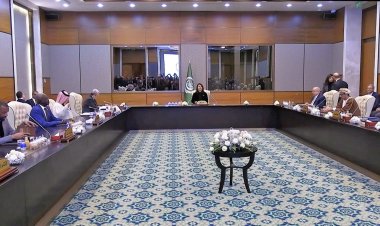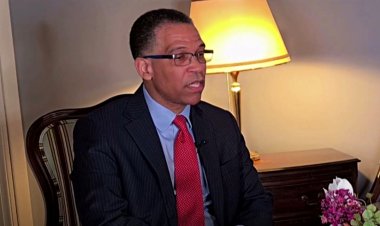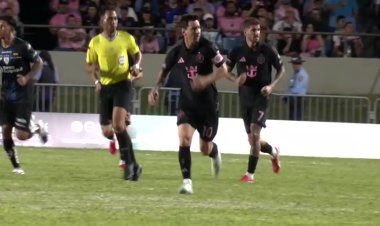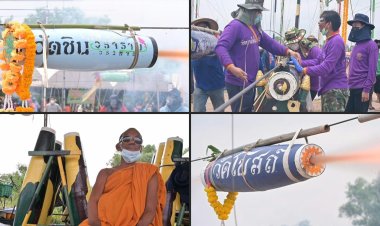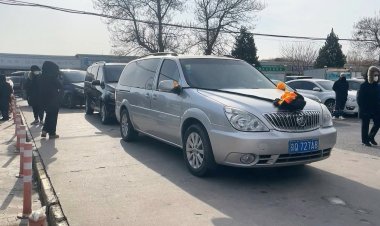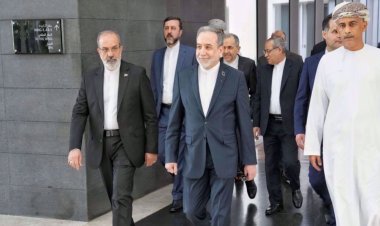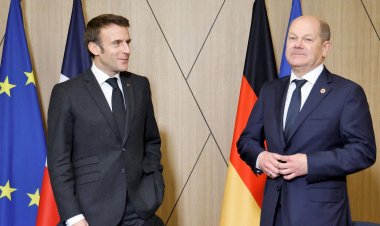Protests Surge in Slovakia Over Fico's Policies
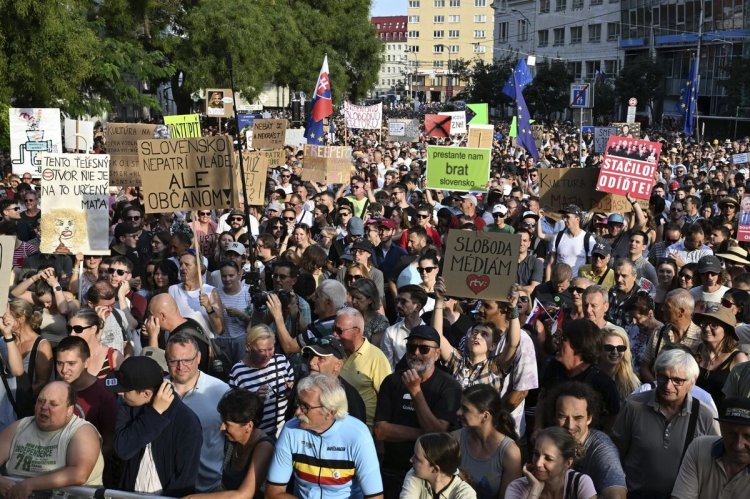
Thousands of protesters have flooded the streets of Bratislava, Slovakia, to voice their opposition to a series of controversial decisions made by Prime Minister Robert Fico's coalition government. The demonstrations, which saw around 10,000 people gather, come in response to three key events that have raised concerns about the erosion of democratic freedoms and the rule of law in the country.
The first contentious action was the dismissal of the directors of the Slovak National Theatre and National Gallery by the hard-right culture minister, Martina Šimkovičová. She justified the move by citing "political activism" and a preference for foreign performers, but critics view it as a crackdown on free expression.
Secondly, Justice Minister Boris Susko's intervention led to the release of former special prosecutor Dušan Kováčik, who had been serving a sentence for bribery. This unprecedented move has been heavily criticized by political opponents.
Lastly, Prime Minister Fico announced plans to disband the National Crime Agency (NAKA), which was investigating cases involving Fico himself, further fueling concerns about the government's intentions.
The opposition, led by the Progressive Slovakia party, is calling for extraordinary parliamentary sessions and potential no-confidence votes against ministers Šimkovičová and Susko. While these votes are unlikely to succeed due to the government's majority, there are reports of discontent within the ruling coalition.
European lawmakers from Progressive Slovakia have described the situation as a "frontal attack" on Slovak institutions and democracy. They argue that these recent events are part of a broader pattern of systematic efforts to undermine the rule of law since Fico returned to power last October.
This is not the first time Fico has faced mass protests.
The situation in Slovakia continues to evolve, with protesters and opposition parties vowing to maintain pressure on the government.




